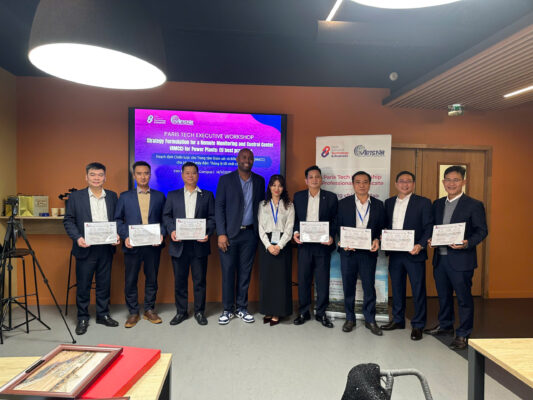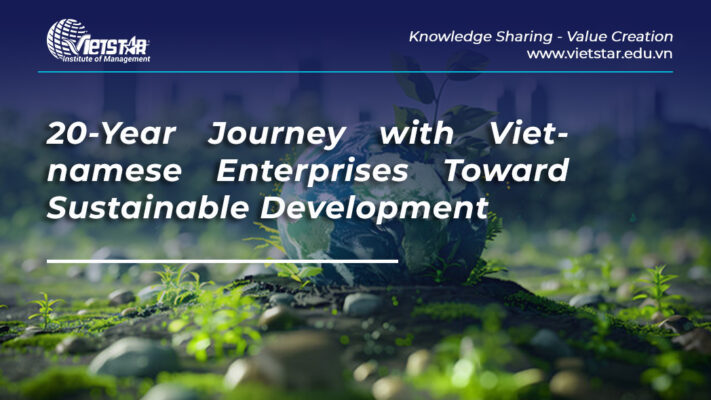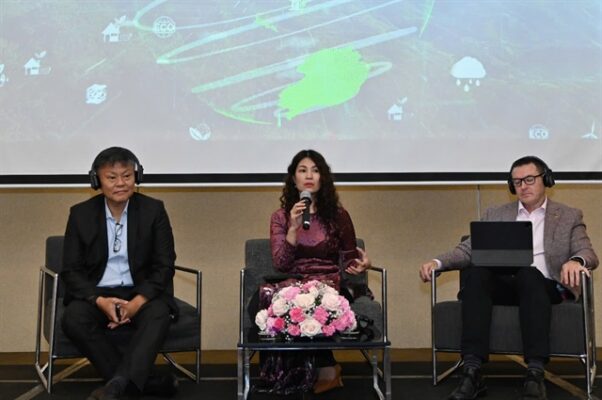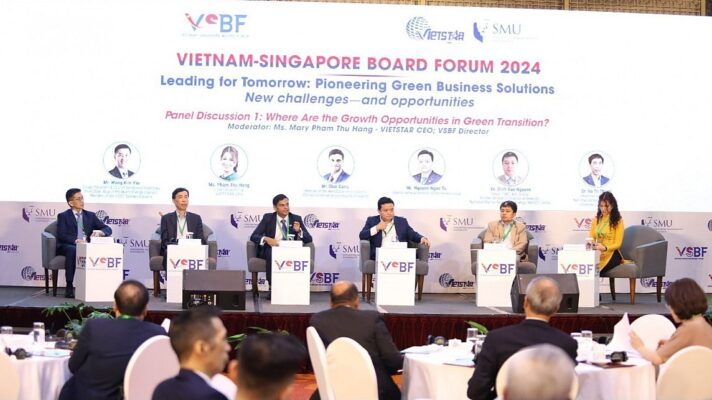According to experts, the energy structure in the next 10 years will be changed due to the impact of the COVID-19 pandemic as well as policy adjustments and sustainability after recovering. Based on the Delayed Recovery Scenario (DRS) released recently by the International Energy Agency (IEA), global electricity demand will decline by 6% in 2030 mainly due to a slowdown in economic growth. At that time, wind and solar power will supplement to reduce fluctuations in electricity generation.
This is the sharing of Associate Professor Vu Minh Khuong, National University of Singapore, at the Vietnam – Singapore Board Forum that has just taken place with the theme “Improving resilience, planning and implementing strategy in the new normal status – experience from Singapore for the energy industry”.
The forum, which was organized by Vietstar Consulting and Training Joint Stock Company collaborating with Paris Graduate School of Management (PGSM), shall be maintained as an annual business activity of the two countries in order to share management experiences and solutions to sustain business growth.
According to Mr. Khuong, the emphasis of global energy trends in the future will be sustainable and renewable energy, which has been applied technologies such as solar photovoltaic, digital transformation, a combination of floating solar energy and hydroelectric energy…
The energy structure in the next 10 years will be changed due to the impact of the COVID-19 pandemic as well as policy adjustments and sustainability after recovering.
Mr Wong Kim Yin, President, CEO of Sembcorp Group, said that three trends in the energy industry in the future would be renewable energy dominating the electricity industry in decarbonization, increasing demand for electricity due to the decarbonization of road transport and the shift of economic center to Asia.
According to experts, during the past time, Vietnam was struggling with the outbreak of the 4th wave of COVID-19 pandemic, which had an impact on production and business activities of the industry in general and the energy in particular. In that situation, the enterprises are required to have adaptive solutions.
Therefore, Associate Professor Vu Minh Khuong said that in the next period, the energy industry of Vietnam must have appropriate strategies towards sustainability and clean energy transition for global integration. Especially, the attention must be paid to the digital transformation and mechanism for encouraging the participation of private enterprises.
The enterprises in Vietnam are able to learn from Singapore’s experiences in energy development and the ways to overcome the crisis and challenges from the COVID-19 pandemic.
In fact, in the long period of the pandemic, Singapore has been ranked first in the ranking of resilience in the post COVID-19 era.
To do so, Mr. Douglas Foo, Chairman of the Singapore Manufacturing Federation said that Singapore’s enterprises continuously adjusted to adapt to the new reality; evaluated and revised the plans of crisis management to prepare for different risk scenarios; considered the ways to mitigate the potential impact of reduced sales, poor forecasting and reduced revenue in the new normal.
“We have considered the “Digital Transformation” strategy as the backbone to develop and diversify the supply chain by taking advantage of new generation free trade agreements (FTAs) such as the Global Trans – Pacific Partnership (CPTPP), Regional Comprehensive Economic Partnership (RCEP)…” Mr. Douglas Foo emphasized.
According to Mr. Wong Kim Yin, during the past time, Sembcorp has transformed its investment portfolio “from Brown to Green” and transformed many aspects such as management, capital, human resources, partners, stakeholders.
He hopes that Sembcorp’s experiences would be helpful for Vietnam’s energy industry in the future. “We hope to join hands with Vietnam promote the energy transformation by improving the efficiency of the power system, renewable energy cooperation, technology and capacity transfer”, Mr. Wong Kim Yin said.











